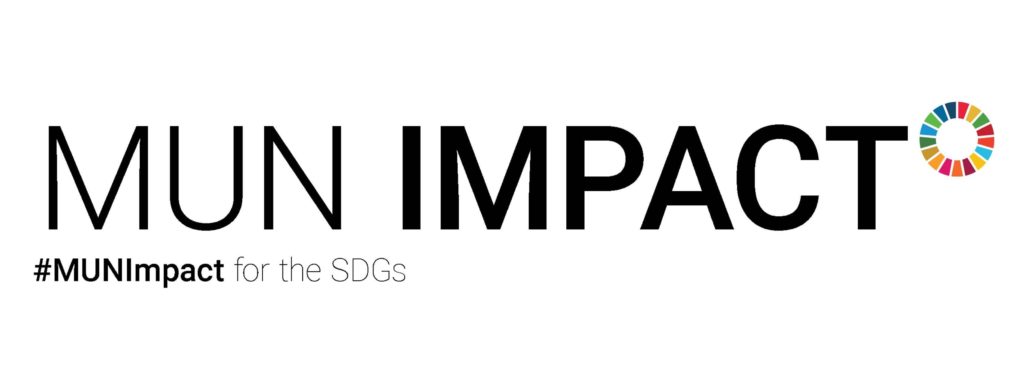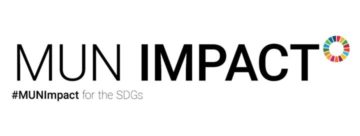BY ANISHA SATYA, STAFF REPORTER
The focuses of this summit were the “three E’s”: Earth, economy and equity. Each topic covers a broad spectrum of issues. Our session 2.A of the Summit (Together, We Are Heroes), conducted by Noor Al Zubi on 3rd September focuses exactly on the same.
Discussing these issues, these “E’s”, can become a bit overwhelming at times. How can we fix the centuries-old climate issues, and inequalities which have existed for generations? Where does one even begin?
17-year-old Noor Al-Zubi believes things begin with education.
Noor, who lives in Jordan, has first-hand experience with the effects of rapid climate change. The country has been named as the second most water-scarce country by UNICEF, facing droughts that span months and devastate both agriculture and lifestyle. Jordan is suffering from a water crisis.
“It has now reached a point where even ministers were concerned” Noor states. “At times, it doesn’t rain until late December. It only rains for a few days and then stops.”
“Because I know how much climate change has affected countries internationally, I decided I wanted to discuss it.”
Noor pointed out signs of climate change in all corners of the world; Heatwaves in America, unworkable conditions in Asia, extreme weather in Europe. She points out that Africa has felt the impact of climate issues since the 70s, citing its lack of “an adaptive capacity” as reason for this.
She also pointed out changes in nature – competitive behaviours, butterflies changing their migration period – When it’s all laid out, it doesn’t seem a stretch to pin it on the climate.
But the planet is huge, and greenhouse gas emissions continue to rise. We are one drop in an ocean of trouble. What can we do?
Noor thinks we can do a whole lot. And it starts with education. Spreading awareness to both the oblivious members of society, and those in denial. When asked how to begin a discussion, Noor says to “start by presenting statistics and facts; show how it has become increasingly prominent in recent years. Maybe even [show them how past predictions] have been proven correct”.
Noor herself has begun advocacy by creating an Instagram page, named Climaero, a shortening of “climate” and “hero”. The page began late July and already sports 273 followers.
Noor posts small challenges for followers to take up throughout the week. They’re low-to-no cost, and take minimal effort – things like functioning without house lights for three days.
There are other things you can do to use actions as an educational tool, because sometimes words aren’t enough. By “weatherising” (weather-proofing your home), avoiding single-use plastic, turning to renewable energy and responsibly consuming water amongst other things, you show how practical and beneficial living a climate-conscious life can be.
“We have to educate people so that [they] believe the importance of such a crisis” Noor says. In doing this, she is sure that we’ll slowly reduce the rate at which change is occurring.
So, what can you do about climate change? Start with education.

